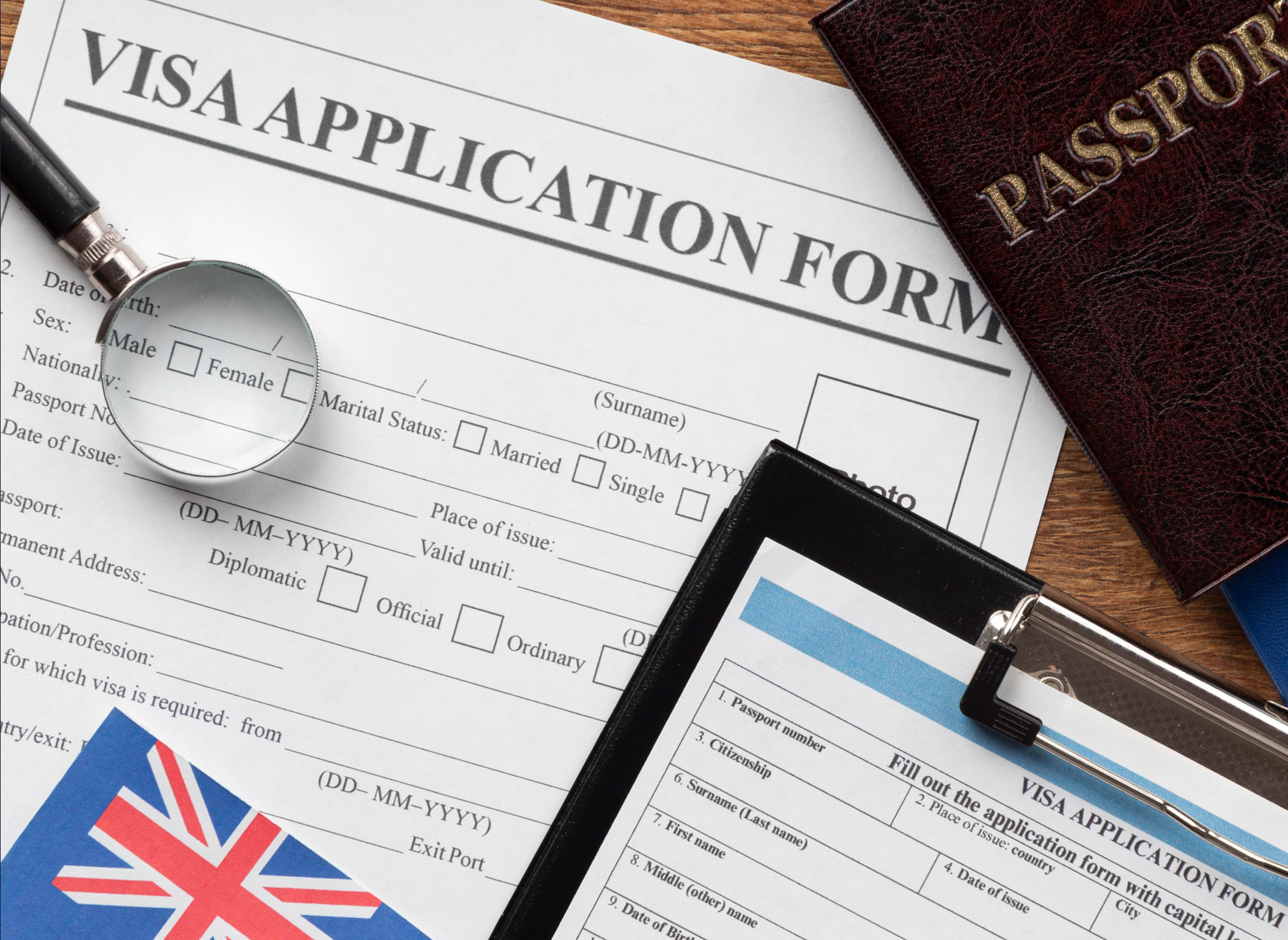
With employers having to switch on remote working almost overnight and employees coming to the end of their third week working from home, many are starting to feel the downside that can come it. Many questions arising for employers at the moment are what effect is isolation having on employees’ physical and mental health, are […]
With employers having to switch on remote working almost overnight and employees coming to the end of their third week working from home, many are starting to feel the downside that can come it.
Many questions arising for employers at the moment are what effect is isolation having on employees’ physical and mental health, are employees able to be as productive and do they have access to the necessary equipment?
Even with employees working from home employers are still held responsible for their employees’ wellbeing. This includes all elements of health and safety, both mental and physical.
It is unlikely that an employer can carry out the usual risk assessments at an employee’s home, however, reasonable steps should still be taken to ensure the wellbeing of employees. These include:
Employers should:
Communication with all members of staff is crucial in this time of disjointed uncertainty, whether it by phone, email or video. It is important not to assume.
Disclaimer
The material contained on this website contains general information only and does not constitute legal or other professional advice and should not be relied upon as such. While every care has been taken in the preparation of the information on this site, readers are advised to seek specific advice in relation to any decision or course of action.
 Business Immigration
Business Immigration
 Business Immigration
Business Immigration
 Business Immigration
Business Immigration